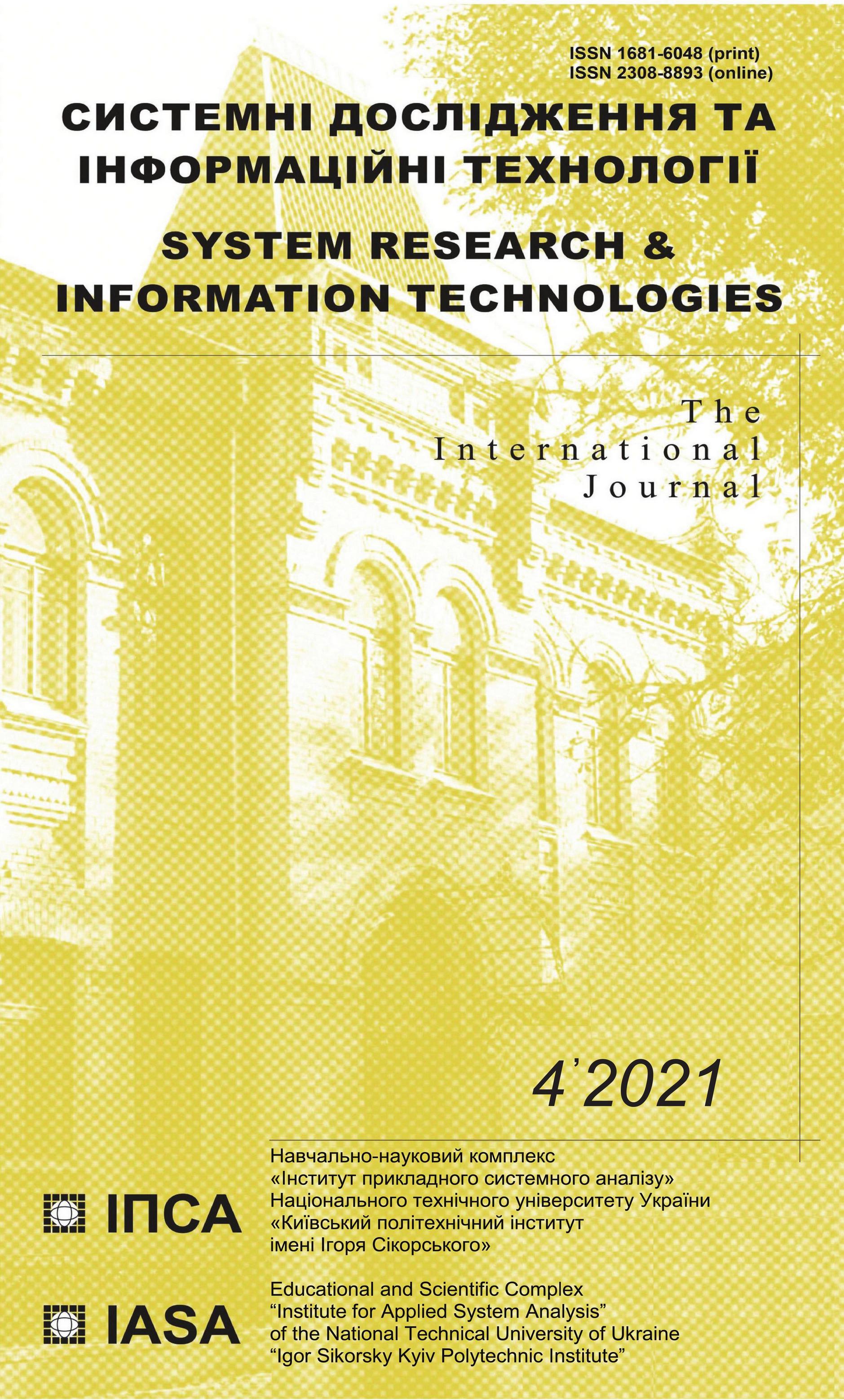Recurrent least square method for estimation of varying parameters
DOI:
https://doi.org/10.20535/SRIT.2308-8893.2021.4.11Keywords:
recursive less square methods, RLS, estimatingAbstract
In this paper, linear object yt=a1y1+...anyn+b1u1+...bmym+δ is considered. The aim is to estimate the object parameters with an assumption that they are changing linearly: ai=ai,0+ai,1t (i=1,2,...,n), bj=bj,0+bj,1t (j=1,2,...,m), δ=δ0+δ1t, parameters ai,0, ai,1 (i=1,2,...,n), bj,0, bj,1 (j=1,2,...,m), δ0, δ1 are assumed to be constants (almost constants during long time). For this object, the recursive least square (RLS) method is generalized. Provided examples show that the obtained RLS generalization gives higher precision (in comparison with the classical RLS method) for a case when parameters change with constant (almost constant) speed during long time. When parameters change unpredictably, the precision of the proposed RLS generalization is worse then the precision of the classical method, but it is still high.
References
V.D. Romanenko, Methods of automation of advanced technologies. Kyiv: Higher School, 1995, 519 p.
R. Iserman, Digital control systems. Moscow: Mir, 1984, 541 p.
Adaptive filters; ed. K.F.N. Cowen and P.M. Grant. Moscow: Mir, 1988, 392 p.
Nicholas J. Higham, Accuracy and stability of numerical algorithms. Philadelphia: Society for Industrial and Applied Mathematics, 2002, 680 p.

